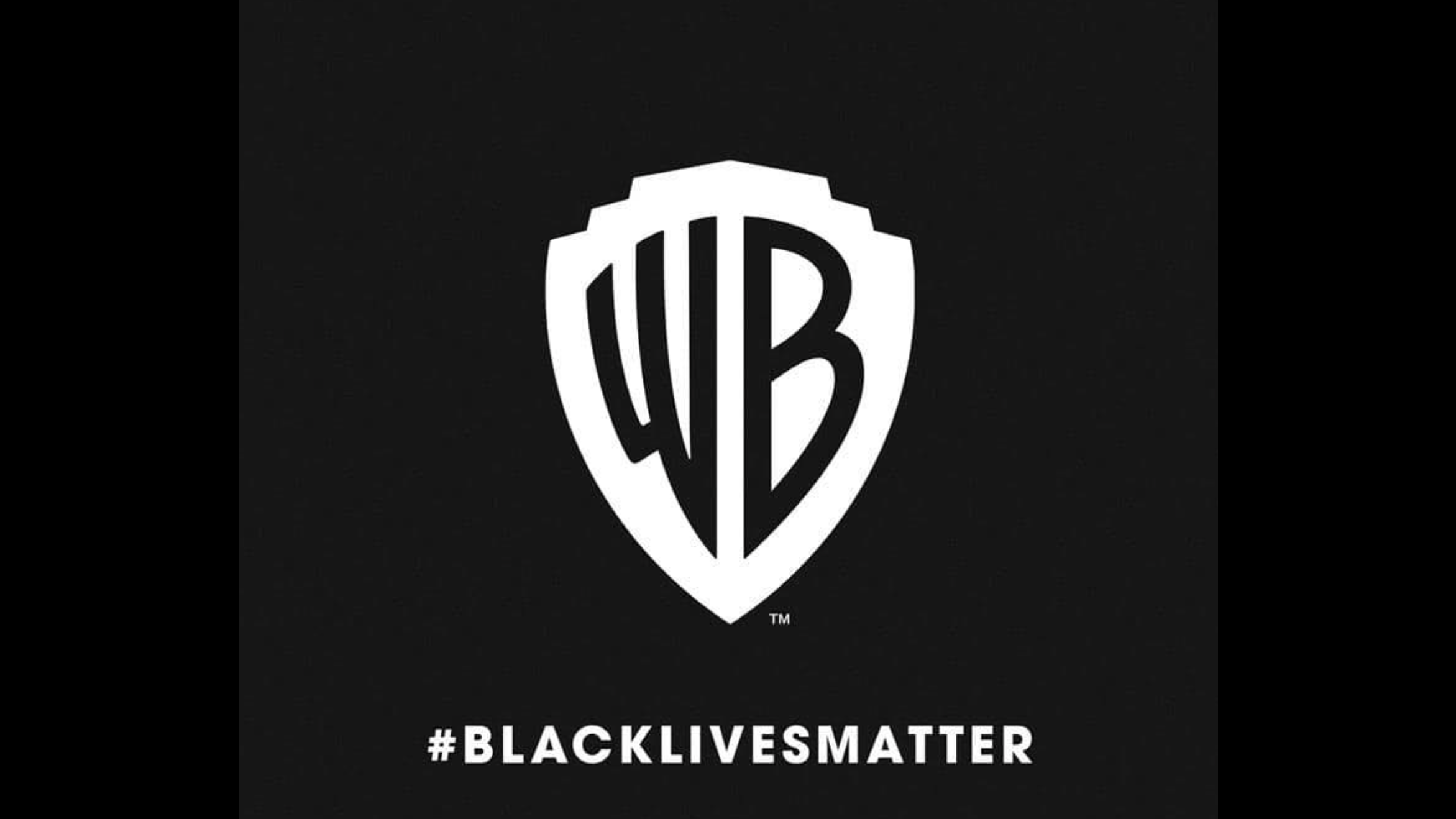Warner Bros. Games recently suffered a $200 million loss from its Suicide Squad game, which was drenched in woke diversity, equity, and inclusion.
Now, the company is doubling down on its woke commitment and has launched a new ‘Women and Non-Binary Leadership Program’ to ‘rehabilitate’ the male-dominated gaming industry.
Built In contributor Brigid Hogan shared the news following the program’s inaugural run.
Hogan reports that the program “engaged 25 women and non-binary leaders from across Warner Bros. Games’ 11 global studios and global publishing and central teams” with the goal of “cultivating career development opportunities for underrepresented individuals within the gaming sector, elevating diverse voices to leadership roles and shaping a more inclusive future for the industry.”
Hogan also shared remarks from several attendees.
Senior Producer for WB Games Jesyca Durchin said, “If you’re resistant to a program like this, maybe consider it from a position of self-care.”
“Because of the people I met and how the program was organized, I found I was feeling better each day. It was self-care to learn something new. Even something as simple as finding out I can access Linkedin Learning through my company membership helped me grow and find new outlets that are both good for me and help me to feel good.”
Senior Director of Business Development and Licensing Kelly C. Hill added, “I came into games full-time after a career in licensing spaces where women were the majority. I already had a sense that it was important for me to show up and to be an example that people like me can and should have a seat at the table. The program reaffirmed my commitment to bringing more diversity into the industry and doing what I can to let people see an alternative to what they may picture as a games executive.”
“There are challenges faced by women and non-binary people — in the games industry and in other industries, as well — that are unique but also shared, so we had the opportunity to realize that even though our roles were completely different, we still might be facing some of the same challenges. To get different perspectives from people who are at different places in their journey was really valuable, as we could share personal experiences that offered insights to pass back to people facing those challenges now.”


